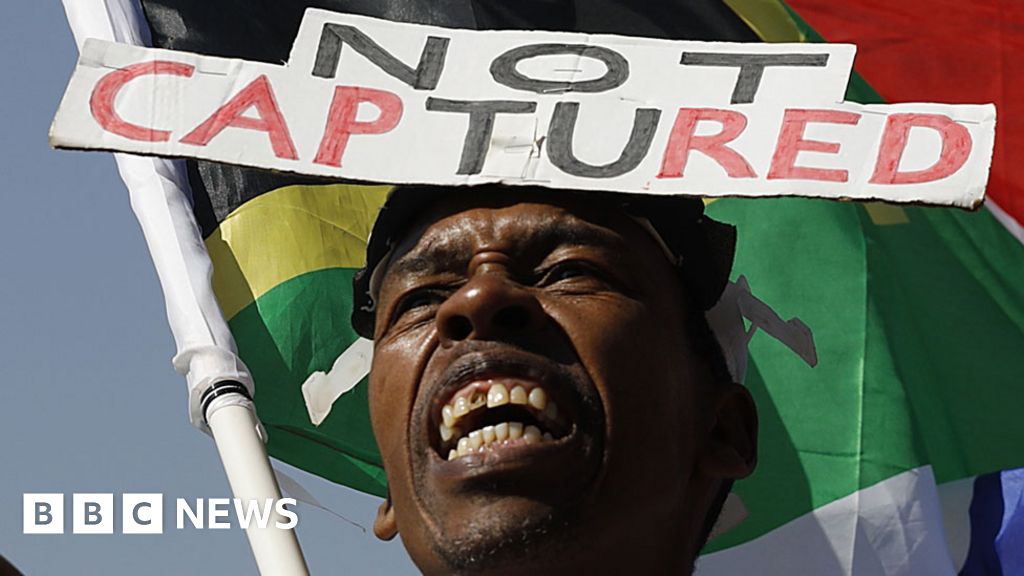A Menace to Progress and Prosperity
Corruption.

Corruption, an insidious force that undermines the foundations of societies, continues to plague countries across the globe. It is a multifaceted issue that manifests in various forms, such as bribery, embezzlement, nepotism, and abuse of power.
Individuals who corrupt are usually driven by personal greed and self interest, to seek financial gain and power at the expense of others. Systemic factors such as having a weak governance structure, cultural norms, and a lack of consequences for corruption also contributes to the persistence of corruption.
Corruption exists at all levels and its harms are linearly exacerbated. It exists in its greatest form when corruption happens within the government. This manifests in numerous ways and the three most prominent forms of corruptions that occurs within governments are:
1. Patronage and Nepotism:
Patronage and nepotism refers to the practice of favouring individuals based on personal relationships rather than merit or qualifications. This looks like government officials appointing friends, family members, or loyal supporters to positions of power, regardless of their competence or suitability for the role.

2. Embezzlement and Misappropriation of Funds:
Embezzlement involves the misappropriation or theft of public funds or resources by individuals entrusted with their management. Corrupt officials may syphon off public funds for personal gains, diverting them into their own pockets or using them to finance lavish lifestyles.

3. State Capture:
State capture occurs when powerful individuals or interest groups exert undue influence over government institutions, policies, and decision-making processes to advance their own private interest. This form of corruption often involves collusion between politicians, business elites, and other influential figures, leading to the distortion of public policies, compromised regulatory frameworks, and skewed allocation of resources.

The impacts of corruption within governments are often far-reaching and insidious, undermining the very foundations of societies and hindering progress. Corruption within government institutions has severe consequences that affect various aspects of a nation’s function. Oftentimes, the impacts of corruption towards society are:
1. Undermining Trust and Public Confidence:
Corruption erodes trust in government institutions and public officials. When citizens perceive widespread corruption, they become disillusioned and cynical about the integrity of their leaders. This loss of trust hampers effective governance, weakens social cohesion, and diminishes the legitimacy of the government in the eyes of public.
2. Impeding Economic Development:
Corruption hampers economic growth and development. It diverts resources away from public investments and essential services, such as healthcare, education, and infrastructure. The misallocation of funds and distorted market mechanisms undermine business confidence, deter foreign investment, and hinder job creation. The result is an economic environment plagued by inefficiency, reduced productivity, and limited opportunities for sustainable development.
3. Reinforcing Inequalities and Poverty:
Corruption exacerbates inequality and perpetuates poverty. It skews the distribution of resources and opportunities, favouring those with wealth and power. As corrupt officials prioritise personal gain over public welfare, marginalised and vulnerable populations are left further behind. Limited access to basic services, social welfare programs, and equal opportunities deepens socio-economic disparities, exacerbating social tensions and hindering social progress.
:max_bytes(150000):strip_icc()/GettyImages-477514725-c4271ad485734ba6b84cae22be7833cf.jpg)



